Warsaw, 8 June 2021
Do you put most of your work online or have you decided to wait till the theatres open again? We have been working in a kind of hybrid way so far (I mean, really hybrid: we are about to transform one performance into a book!). But we have also decided recently that we will not translate some of the works into an online version—they just don’t make sense on the screen. But it’s okay, maybe not everything has to be immediately translated into the online format, spread, and promoted.
The overproduction of online content has been overwhelming so far, as if art institutions have been afraid they will disappear if they are not active for a single moment. But on the other hand, in some cases this compulsive production has been the only way to support artists and arts workers. While we were still complaining about the flatness of screen performances, other voices filled the void. People from all over the country, who normally would not be able to afford traveling to see performances, finally got access to them online. Another paradox of pandemic lockdown—limitations that helped spread access wider.
Sometimes we watch livestreams from the very theatre we see from our windows. The artists are there, around a hundred meters away from us. They perform, we watch them on the screen, probably with some seconds of delay. But the online versions have some advantages too: you can fast forward, if needed.
Warsaw, 2 June 2022
The theatre in front of our apartment has just become one of the centers of the Women’s Strike, which had its beginnings as a women’s rights social movement in September 2016 to counter the Polish government’s implementation of a nearly full abortion ban. It’s taken on diverse forms of striking since, including Black Monday in 2016 and the biggest street protests since 1989 in October 2020. There is one rule that the theatre had to follow to become the Women’s Strike center: introduce feminist principles not as a topic, but as a working method.
We are working there with a group of artists, arts workers, and audience members to propose and practice an organizational model where the reproductive, usually invisible work (of producers, administrators, technicians, communication departments, bookkeepers, cleaning staff ,and many more) is acknowledged, remunerated, and visible as much as artistic input. As a consequence, the theatre had to slow down with its production rhythm. Anyway, there is really no way to win over Netflix with digital content. What is crucial is that institutions and funders are looking for ways to pay artists for their work, even if the constant flow of new productions is put on hold. What if they start paying artists for thinking instead of producing?
There are many discussions about how all of the beautifully written program booklets with manifestos and analyses, which have been produced in past years, could be turned into something graspable and meaningful for an everyday basis.
At the same time, we actually have a feeling of having more regular interactions with friends and acquaintances from other countries than with our neighbors. But while the intensity of these exchanges increases, we also feel the danger of slowly folding into the already existing networks. We tend to intensify the contacts we already have, but have found it very difficult to expand them and open up to newcomers. No Zoom lounge will replace the informal chats at the bar after a show. We wonder how much this situation risks strengthening the existing power relations.
The overproduction of online content has been overwhelming so far, as if art institutions have been afraid they will disappear if they are not active for a single moment.
Warsaw, 24 June 2023
The weather has become unbearable here as much as the political situation. (Have you noticed how much the topic of weather has changed from somewhat innocent small talk to an urgent political issue? Just over one generation!)
The paved courtyard of the theatre is gone, and for good. The concrete surface has been removed and the terrain is now used by the neighbors as a community garden. Let’s hope the weather will allow something to grow. The yard is framed by buildings made of concrete, which raises the temperature quite significantly. But if the garden works, it will bring some much-needed relief, as we all struggle a lot making our ends meet.
There are also artists working in the yard—you might remember some of them from the theatre team. They prepare small-scale works that we can watch every now and then. They tell stories, work with readymade objects, and sometimes arrange tours around the neighborhood. And a lot of people take part—they seem starving for collective experiences.
What is fascinating is that these artistic practices are actually deeply political, not in their topic or form, but in their rhythm: in their ongoingness, their consequent repetition. They experiment with linear time and question the notions of progression as the basis of development. They pay attention to how the space for encounter is being set; they allow questions to be as relevant as answers and they keep learning how to give space for their interlocutors. And what’s most surprising is this framework allows us all to avoid a competition for new and loudly shouted ideas. It is liberating, it is pure enjoyment, and it gives hope.
Meanwhile, while getting used to this new garden routine, we are wondering whether we might have forgotten how to travel. Is it the kind of skill, like swimming or biking, that stays with you forever?
Warsaw, 3 June 2024
So good you could see some of the recent works from here! It is just a bit of what happened last season, but it is great to share. We are still a bit reluctant towards virtual reality, but it is helpful. Somehow it is also much more engaging emotionally—this is what we are afraid of.
There is much more going on here on a daily basis. New construction arrived in spring: a roof that covers the entire courtyard so we don’t depend so much on the weather anymore, which is unpredictable. Some artists are gone now. They were contacted by communities from other places in the region, and as epidemic restrictions have mostly been lifted now, they decided to travel around. We talked with some colleagues who just came back from such a tour. Two months—in four different towns. Now they make new works based on stories they heard and places they visited. Most of this new material will be presented in the yard next week.
But the fear to visit crowded sites is still quite high here. The public space continues to be connected with danger, as are social contacts. It’s been pretty overwhelming to see how quickly populist politicians used it to strengthen their xenophobic narratives. Fear has been rising recently all over the place, manifesting in riots. Even going for a walk in the city center is shadowed with a fear, no matter how resilient you pretend to be.
To a certain extent, the container offers conditions for the imagination to take shape. We are wondering how this fluid, porous structure can be translated into more stable institutions.
Warsaw, 15 June 2025
Someone said that while a crisis inspires a solution, a permanent crisis inspires a permanent solution. The “new normality” shook the dominant institutional models and structures, provoking a discussion on what theatre actually is: a social practice (and not only the materialization of more or less genius ideas) or a common effort (rather than an individual achievement).
Actually, the theatre’s courtyard here, with its roof and community built around it, has become a new kind of institutional model—we roughly called it “the container.” It is a temporary space that contains various artistic practices and knowledges and lets them mingle, interconnect, and create new thoughts, practices, artworks. They are gathered here, in this container, piling up from one encounter to another. When new artists or audiences come to watch them, they are put in motion, every time in new constellation. Thus they are opening for the unpredictable. To a certain extent, the container offers conditions for the imagination to take shape. We are wondering how this fluid, porous structure can be translated into more stable institutions.
Excited by the way this idea of the container has materialized, we are also more and more exhausted. Experimenting with new modes of working is fascinating but also extremely intense and sometimes emotionally draining. We have always relied on understanding imagination as a political tool, and we’re seeing it as one of the very few tools we actually still have in our hands and can use. What we have learnt recently is that it can be utterly exhausting if using the imagination in this way is required every day at the same intensity and if we have to operate in a constant state of emergency.
Warsaw, 20 June 2026
We are heading to Germany next week for a new project, will work there for five months again. We wish so much to see you there at the end of our stay, maybe it is still possible?
Some of our friends who will be working temporarily in the neighboring theatre will stay at our place and water our plants. We love this idea of swapping places and neighborhoods for some time—we always prepare a guidebook for our guests and make sure to introduce them to the local community before they arrive. It is always a pity to miss each other, but what an adventure it is to notice their traces later on, left in the city and in the community here!
We’ve been invited recently to write a text on the current transnational artistic practices and have realized how significant the changes actually are in this field. At first, before the pandemic outbreak of 2020, we were both operating in hypermobility mode, hopping from one place to another all year long, staying for one, two, max three days, not even having a moment to realize where we actually were. The ecological impact of this rhythm has been disastrous, obviously. But so was the emotional, political and economic—superficial quick meetings, no time and space to listen to the host, no way to understand better the complexity of the local context. Then, most physical mobility stopped (except for the crazily intense summer months every year, when restrictions eased up temporarily). Afterwards, the scope of theatre festivals started to transform: from a playlist full of hits and star names to long-term artistic residencies. There are even initial adjustments visible in the subsidy system—still small, but promising anyway. It’s such a relief to observe that the development is finally measured differently than growth of numbers of people, money, travels, or tickets.
We are lucky this year, as the theatre in the neighborhood is hosting two artists, our dear colleagues who we haven’t seen for ages. We have been dreaming of introducing them to Warsaw audiences for a long time. Now they will stay here for three months, preparing new productions, working with local communities, and presenting their previous works. We have noticed one of them has already built strong bonds with three local artists and she wants to bring them with her to another destination. It has been some time already since transnational exchange could happen on such an extensive scale. It seems we all need to learn again how to move around and get used to this new rhythm of mobility: traveling less but for a longer period of time. And we need to learn how to overcome the exclusions this kind of travel brings: privileging single people over families, making it even more difficult for individuals who face visa procedures or have been displaced.
It’s such a relief to observe that the development is finally measured differently than growth of numbers of people, money, travels, or tickets.
Warsaw, 7 June 2027
Now the theatre here shares its space with some of the collectives present in the city. There is no competition, but clear rules around who can use the space and how. The condition is that artists have to leave traces of their work for the others coming after them: artworks, urban interventions, stories shared by the community, etc.
This is not easy. As you might have heard, last season took place in the shadow of large protests. Even if COVID-19 does not seem so dangerous anymore in this corner of the world, rising pollution has not let people put their masks away. The experiment with universal basic income, introduced at the beginning of the year, though, put people at ease. There is still a lot to be done, but tension is much lower. We don’t want to overestimate the impact of our work, but sometimes we think maybe this experience of being together—artists, audiences, community—has helped for us to finally have the multiplicity of our voices be heard. Or at least it brought us all a bit of relief.
Crisis is far from over, but new openings bring hope. Or maybe we need to let ourselves be naive for a moment, just to stay standing.
Warsaw, 11 June 2028
What a celebration we had over the last few days for the first “graduates” of our Imaginary School! We haven’t mentioned it often, but this idea of the school has been with us for quite some time already. Together with artists and arts workers, we had a feeling that none of the artistic skills taught in academia were relevant here, in the container. And to be honest, not so many graduates from academia felt fully comfortable here.
Somehow the discussion in the community started. We thought: If we don’t fit into the existing educational structures, shall we establish our own? At first, as a joke, we made a list of things artists needed to unlearn. But then, inspired by the beautiful concept of Bodies of Knowledge by Sarah Vanhee (remember? we saw it together, as a first tryout, in Manchester in 2019!), we made together a list of knowledges, expertises, practices, and experiences we wanted to learn from each other. This is how the entire curriculum has been created—it’s a temporary one, as it depends on who is in the room and what kind of knowledge they would like to share.
Maybe this is exactly how the position of the master, the leader, can be dismantled and replaced by multiple artistic practices? In this framework, artists don’t compete with each other but offer many perspectives instead. Do the graduates have special artistic skills now? We don’t know, but they are absolutely amazing at experimenting with radical listening—coming to the encounter with no ready answers, making use of some of their privileges, moving a bit, making space for others.
Warsaw, 15 June 2029
The theatre’s yard has been empty again over the past months, as no open-air activities have been allowed. We had to stop the activities there and fold back into our houses and virtual meetings. Even being inside the theatre is not so safe anymore—the building has these beautiful, large windows that don’t fully protect visitors. And we barely see the courtyard now, as the trees have grown and expanded with their leaves, covering most of the view. Which makes it even harder to get used to the ridiculous plastic cloth covering all plants to protect them. It feels almost like the trees are not there anymore, only their ghosts. Sometimes, when a team comes to nourish the tree artificially, we can see a bit of leaf: the colors are so bright, almost unnaturally! How do they keep leaves so shiny?
We hope for a time-out, when rain comes to clear the air. They say this summer will be the coolest in a decade.

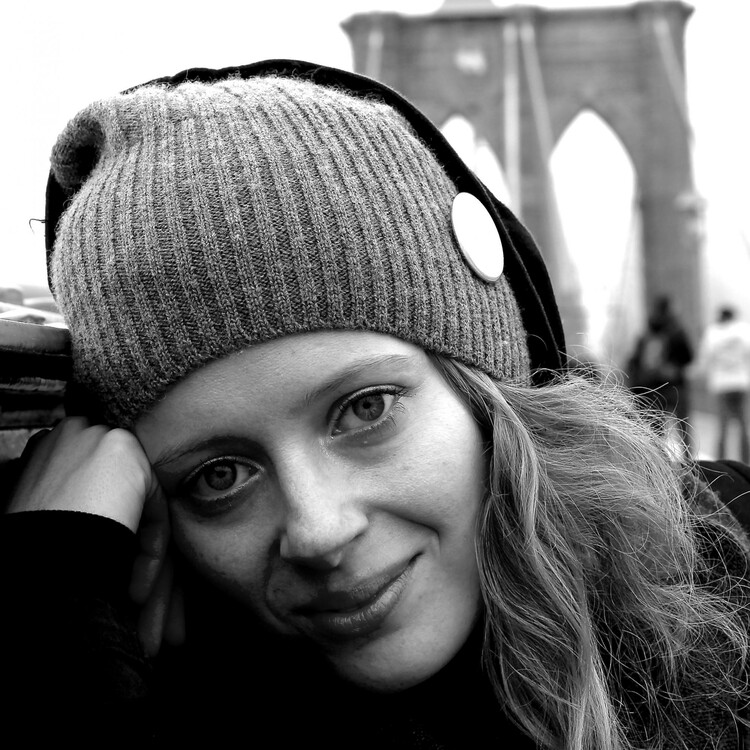
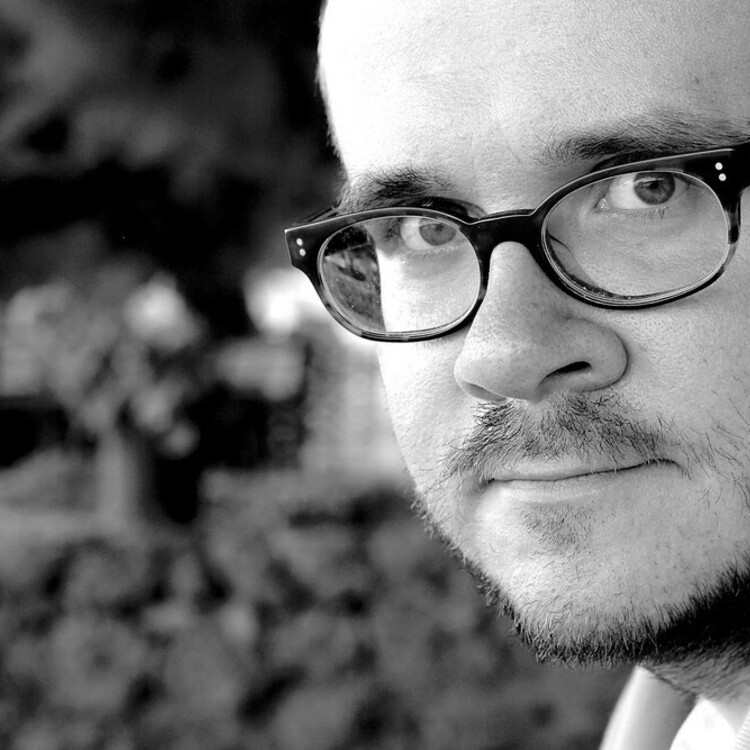
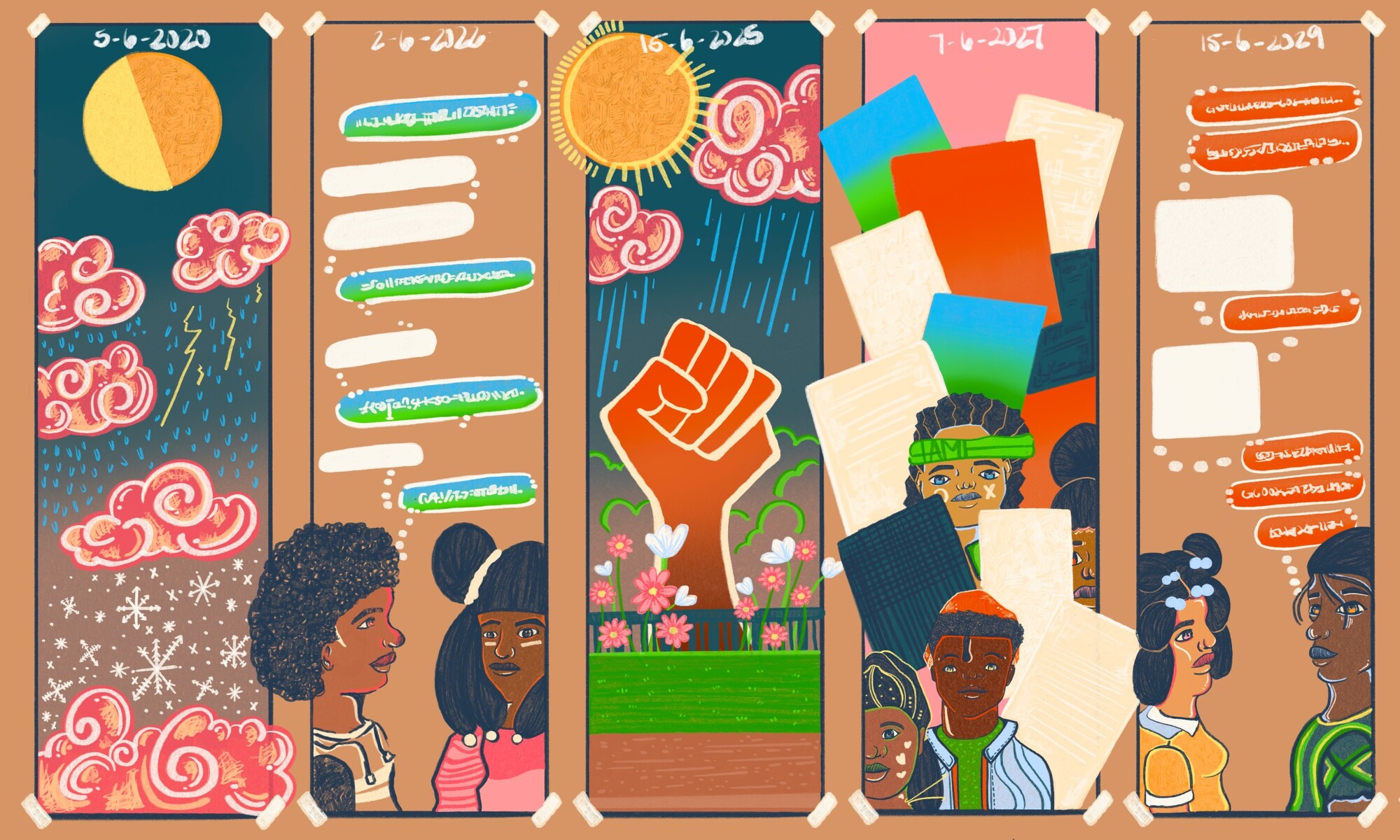

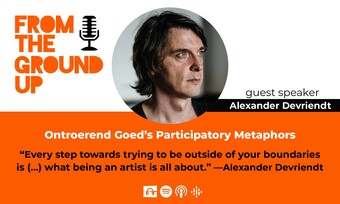


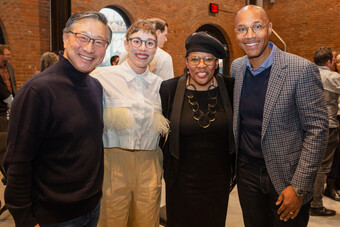



Comments
The article is just the start of the conversation—we want to know what you think about this subject, too! HowlRound is a space for knowledge-sharing, and we welcome spirited, thoughtful, and on-topic dialogue. Find our full comments policy here